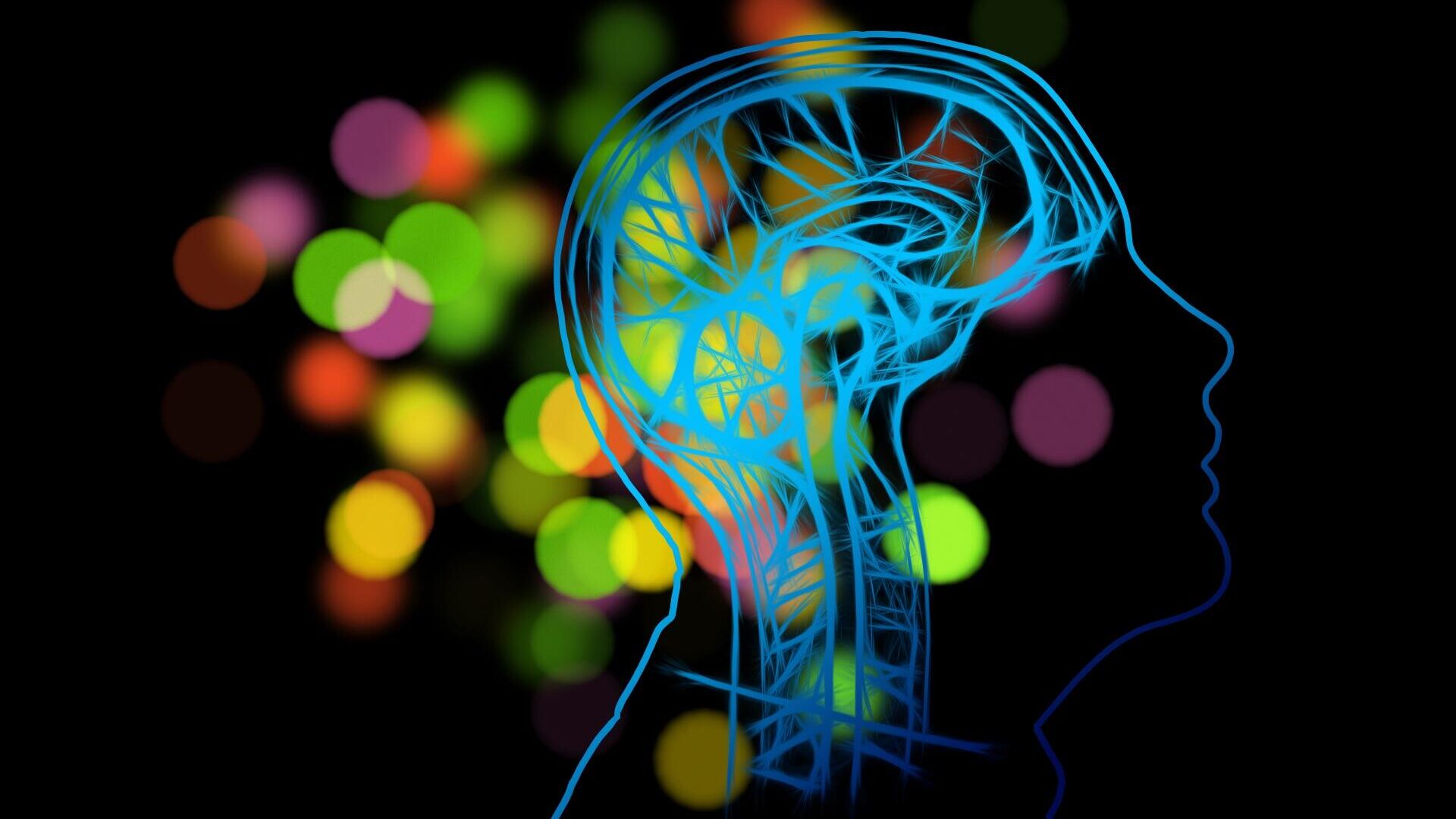https://sputnikglobe.com/20220318/severe-covid-19-linked-to-far-reaching-mental-health-consequences-in-major-study-1093978819.html
Severe COVID-19 Linked to Far-Reaching Mental Health Consequences in Major Study
Severe COVID-19 Linked to Far-Reaching Mental Health Consequences in Major Study
Sputnik International
Since the start of the COVID-19 pandemic, massive research has been carried out concerning the mental health of patients, but a novel international study with... 18.03.2022, Sputnik International
2022-03-18T06:25+0000
2022-03-18T06:25+0000
2022-08-06T13:32+0000
science & tech
covid-19
mental health
depression
https://cdn1.img.sputnikglobe.com/img/07e6/02/01/1092654488_0:124:1920:1204_1920x0_80_0_0_99adcc89855e66b3e6f8a2fcd6ec14f9.jpg
Depression and anxiety can follow in the wake of COVID-19, and the symptoms can last up to 16 months. This is especially evident among people who have suffered from a more serious course of the disease, a large study with participants from six countries has indicated.People who were bedridden with COVID-19 for at least a week have a greater degree of problems with anxiety and depression following the infection, compared with patients with milder symptoms, the study featuring 250,000 people from Sweden, Iceland, Denmark, Estonia, Norway, and the UK concluded.Remarkably, compared with completely healthy patients, the incidence of anxiety and depression was lower for individuals with mild or no symptoms, but up to 60 percent higher for those who stayed in bed for a week or more.Nevertheless, the researchers emphasised that a causal relationship cannot be established, instead stressing the possible importance of underlying factors such age, incidence of previous psychiatric diagnoses, and disposition toward strong mental reactions.The study is among the first to examine long-term mental symptoms in the general population following a COVID-19 infection. Previous research has mostly focused on mental health in in-patients and had shorter follow-up after diagnosis.The participants themselves estimated their symptoms of depression, anxiety, difficulty sleeping, and COVID-related stress in a questionnaire and reported how long they were in bed due to the disease. Overall, the participants have been studied for 16 months. Since the onslaught of the COVID-19 pandemic in December 2019, over 466 million cases have been recorded worldwide, with 6 million deaths.Let's stay in touch no matter what! Follow our Telegram channel to get all the latest news: https://t.me/sputniknewsus
Sputnik International
feedback@sputniknews.com
+74956456601
MIA „Rossiya Segodnya“
2022
News
en_EN
Sputnik International
feedback@sputniknews.com
+74956456601
MIA „Rossiya Segodnya“
Sputnik International
feedback@sputniknews.com
+74956456601
MIA „Rossiya Segodnya“
science & tech, covid-19, mental health, depression
science & tech, covid-19, mental health, depression
Severe COVID-19 Linked to Far-Reaching Mental Health Consequences in Major Study
06:25 GMT 18.03.2022 (Updated: 13:32 GMT 06.08.2022) Since the start of the COVID-19 pandemic, massive research has been carried out concerning the mental health of patients, but a novel international study with 250,000 participants is one of the first to examine the long-term mental symptoms in the general population upon recovery.
Depression and anxiety can follow in the wake of COVID-19, and the symptoms can last up to 16 months. This is especially evident among people who have suffered from a more serious course of the disease, a large study with participants from six countries has indicated.
People who were bedridden with COVID-19 for at least a week have a greater degree of problems with anxiety and depression following the infection, compared with patients with milder symptoms, the study featuring 250,000 people from Sweden, Iceland, Denmark, Estonia, Norway, and the UK concluded.
"It is difficult to say what this connection may be due to, but possible explanations may be a combination of concerns about long-term health effects and persistent physical symptoms that limit social contacts and contribute to a feeling of helplessness", Anikó Lovik, a postdoctoral fellow at Sweden's Karolinska Institute and one of the authors of the study, told the science portal Forskning.se. "It is also possible that severe COVID-19 initiates inflammatory processes that have previously been linked to an increased risk of mental illness".
Remarkably, compared with completely healthy patients, the incidence of anxiety and depression was lower for individuals with mild or no symptoms, but up to 60 percent higher for those who stayed in bed for a week or more.
"It is possible that mild or asymptomatic COVID-19 infection results in some relief among these individuals who can now return to their normal lives. This may be one of the reasons for the lower incidence of mental symptoms observed in this group compared to those who are still worried about becoming infected and therefore avoid social interactions", Fang Fang, a professor at the Department of Environmental Medicine at the Karolinska Institute, mused.
Nevertheless, the researchers emphasised that a causal relationship cannot be established, instead stressing the possible importance of underlying factors such age, incidence of previous psychiatric diagnoses, and disposition toward strong mental reactions.
The study is among the first to examine long-term mental symptoms in the general population following a COVID-19 infection. Previous research has mostly focused on mental health in in-patients and had shorter follow-up after diagnosis.
The participants themselves estimated their symptoms of depression, anxiety, difficulty sleeping, and COVID-related stress in a questionnaire and reported how long they were in bed due to the disease. Overall, the participants have been studied for 16 months.
Since the onslaught of the COVID-19 pandemic in December 2019, over 466 million cases have been recorded worldwide, with 6 million deaths.
Let's stay in touch no matter what! Follow our Telegram channel to get all the latest news: https://t.me/sputniknewsus

